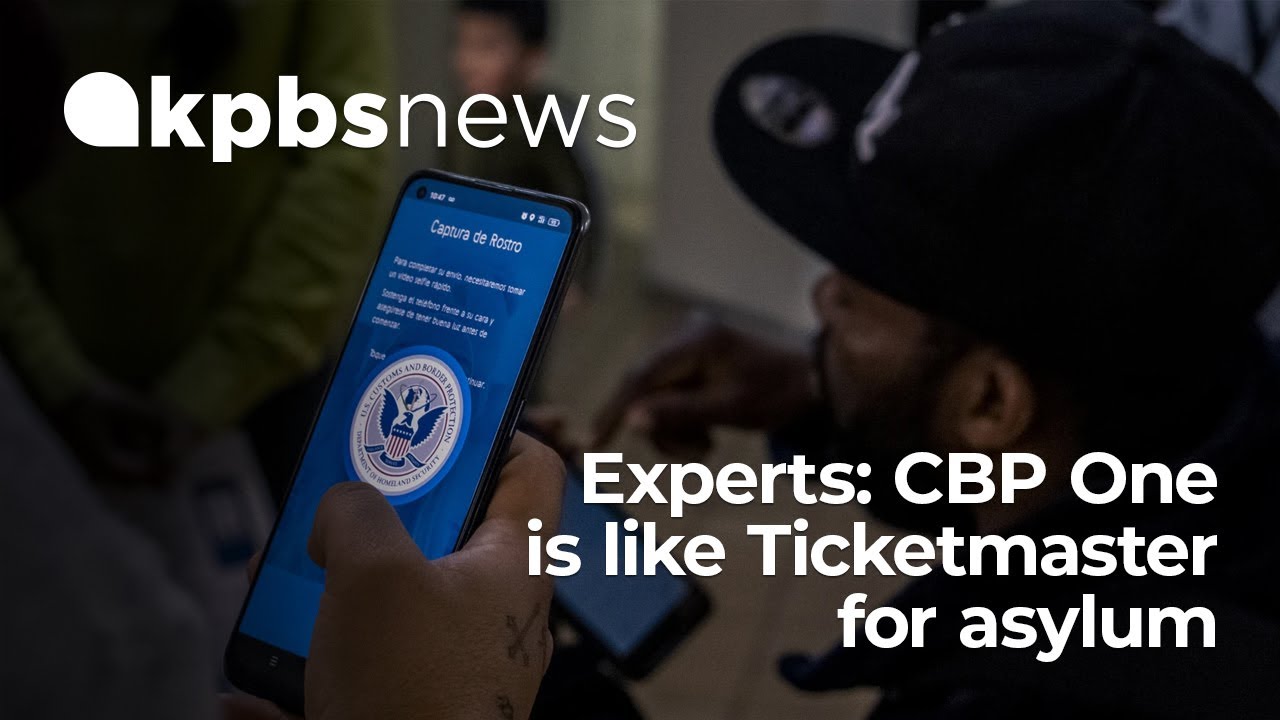U.S. officials are expecting up to 13,000 migrants to cross the southern border every day now that Title 42 has expired — more than double the current average. Already, shelters on both sides of the border are overcrowded, and countless migrants are sleeping on the streets in both El Paso and Juárez.
Migrants in Brownsville, Texas, open packets from DHS and use government-issued cell phones after processing. Some of their court dates reportedly won't be until 2027.
— The Post Millennial (@TPostMillennial) May 12, 2023
Footage by @TaylerUSA pic.twitter.com/sYtKdMsakZ
In Tijuana’s Agape migrant shelter, life revolves around the CBP One mobile app, which was designed to connect vulnerable migrants to the U.S. asylum system. The app supposedly allows migrants to schedule appointments so they can enter the U.S. and plead their case for asylum.
Of course, because it’s the government, the CBP One app has been fraught with troubles; migrants complain they cannot log into the app to make group appointments; the range is too short to communicate from outside of the country; the 10 minutes of available booking time causes the system to crash, and there are problems sending photos of dark-skinned individuals.
In addition, data from the Mexican government shows that the majority of CBP One appointments aren’t going to vulnerable migrants. Instead, they are going to migrants who tend to have more resources.
Of the approximately 15,000 migrants in Tijuana who have secured CBP One appointments, 44% of them have been Russian nationals. Haitians make up 18%, followed by Mexicans and Venezuelans who each account for 12% of the appointments. KPBS
Despite getting nearly half of the coveted appointments, Russian nationals make up less than 10% of Tijuana’s overall migrant population, according to Enrique Lucero, head of Tijuana’s migrant affairs department.
The government has responded but it’s pretty inept,
